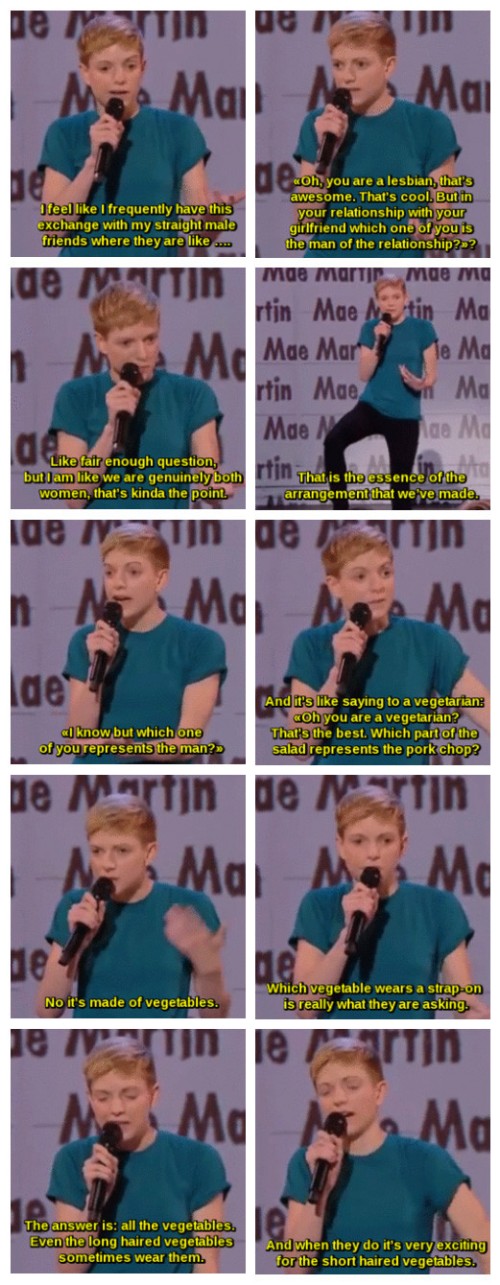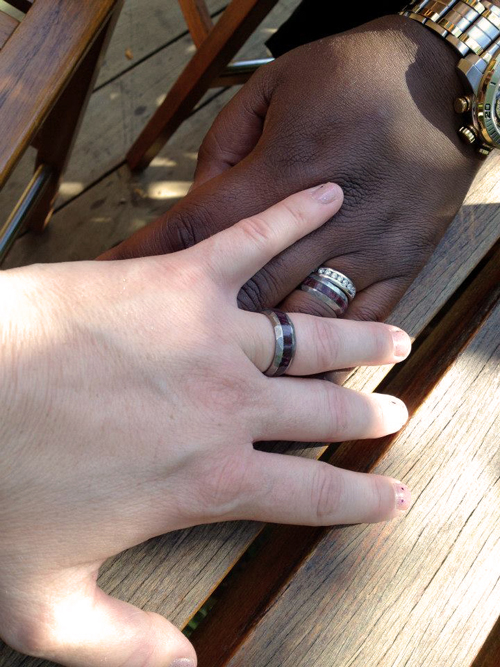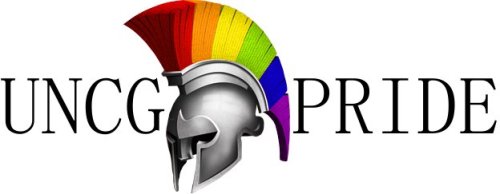by Joyce Clapp

Today is Loving Day, the anniversary of June 12, 1967, when the Supreme Court of the United States ruled that interracial marriage had to be performed and recognized in all 50 states (Loving v. Virginia). It is also a day by which we may or may not know how the Supreme Court is going to rule on a similar issue: Same-sex marriage (as of this writing, we don’t know yet). I’ve spent the last week Googling “SCOTUS” every couple of hours, knowing full well that if they didn’t announce on Monday that they weren’t likely to announce for the rest of week, and also knowing full well that when they did announce, it would hit Facebook and Twitter within minutes. And yet…I kept checking.
It is odd, waiting for SCOTUS to decide if you’re married. Well, if you’re legally married. Well, if you’re legally married in all 50 states, since you are already legally married in 36 states and may very well stay married in some of those states regardless of what the Supreme Court does. And thankfully, your mother says you’re married, no matter what SCOTUS does. I spend a lot of time lately feeling faintly queasy. I can only imagine how those of our friends that have children with their same-sex spouses feel, considering the implications there.

I can only begin to imagine what Richard and Mildred Loving felt like, around this time in 1967. Interracial couples were not nearly as common as they are now, and the U.S. was living through a really hard time. It’s not that we aren’t living through a time of gaping inequality and racial tensions now (let’s not kid ourselves), but it was worse in 1967. Brown v. Board of Education was just a touch over 15 years old and most schools were still in some state of segregation (the more things change, right?). Malcolm X had been assassinated only two years previously. The 1960s were a decade when we saw church bombings, the Civil Rights marches in the South, and the Freedom Riders doing their work because interstate busses were still segregated. This wasn’t an easy time to be an interracial couple.
“Tell the court I love my wife, and it is just unfair that I can’t live with her in Virginia.” (Richard Loving)
So I can’t imagine sitting in my home in Washington D.C. with my children, waiting to see if I was going to be allowed to move home with my family to a state where not ten years previously, sheriff’s deputies had stormed my home, barged into my bedroom, arrested myself and my spouse, and said of the marriage certificate on my wall, “That’s no good here.”

My wife and I are fortunate to be married in a different United States. We are on the side of history. We went out recently for a ghost tour of Greensboro and we weren’t the only interracial couple on the tour. At my wife’s brother’s wedding recently, we were 1 of 5 interracial couples present, including two guys showing off recent engagement rings and grinning like mad. We held hands through visiting the zoo and only garnered a couple of dirty looks. The lesbian character in Pitch Perfect 2, which we saw recently, volunteers that she’s moving to Maine and getting hitched, and it’s a non-event (other than a lot of happy squeals). My non-straight students wander in to my office to talk about wedding plans and ask relationship advice just like anyone else, because they are just like anyone else. My straight students ask me how spring break with my wife was, just like we’re anyone else, because we are just like anyone else (and then they ask me relationship advice and what they should do about that Spanish class).
And in the meantime, we wait nervously to see if SCOTUS is going to catch up with history and society, whether the story is going to be ‘we didn’t want redefine marriage’ (an institution that I’m glad has been ‘redefined’ over the years – who wants to be their husband’s property?), or whether the justices are going to look at the words from 1967 and do their job:
Marriage is one of the “basic civil rights of man,” fundamental to our very existence and survival… To deny this fundamental freedom on so unsupportable a basis as the racial classifications embodied in these statutes, classifications so directly subversive of the principle of equality at the heart of the Fourteenth Amendment, is surely to deprive all the State’s citizens of liberty without due process of law. The Fourteenth Amendment requires that the freedom of choice to marry not be restricted by invidious racial discriminations. Under our Constitution, the freedom to marry, or not marry, a person of another race resides with the individual, and cannot be infringed by the State. (Chief Justice Warren)
I felt like I was going to have something long and impassioned and sociological to say when I signed up for posting for Loving Day, one of those nice chewy posts that make good reading and discussion. But that’s not the case today. It’s simple. I love my wife, I’m lucky I can live with her in this time and place, and I’m lucky that in North Carolina right now, she inherits if I die, and I can call the Veterans Administration for her, and we can make medical decisions for each other without gobs of very expensive, possibly legally shaky paperwork. I hope that in the eyes of the law, we remain legally married after the Supreme Court makes its decision.










![The Supreme Court, [date].](https://uncgbls.files.wordpress.com/2014/02/2.png?w=500&h=503)




